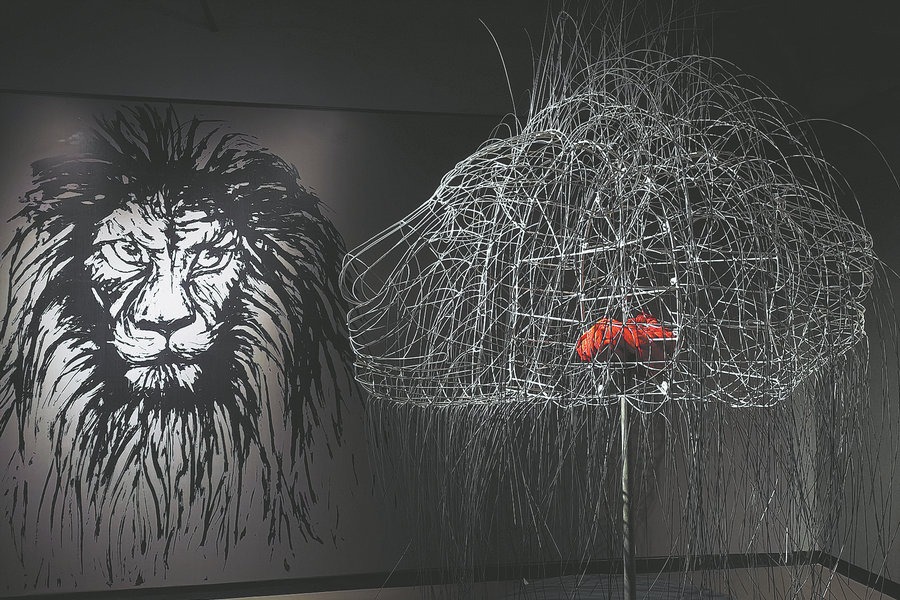AI tunes into music for healing purposes
Therapy pod exhibits innovation in combatting depression, sleep and overall health, He Qi reports.


According to experts, the therapy pod represents an interdisciplinary innovation featuring three key breakthroughs — a pioneering physiological data-based music-matching algorithm; dynamic personalized healing plans; and the integration of acoustic engineering, bio-sensing, and AI.
Liu notes that the pod has potential applications in treating sleep disorders, depression, degenerative diseases, and even CMT (creative music therapy) for preterm infants, autism, and elderly health management.
Liu further elaborates on the concept of using natural field frequencies, such as the calming 40 Hz or heart rate-slowing 428 Hz, to create sound healing maps. The team aims to harness these natural frequencies to enhance public well-being through AI and music.
The project is already collaborating with hospitals and applying it to integrate art, medicine, and technology across various scenarios. It will soon be implemented in institutions like mental health centers and Shanghai Huashan Hospital to assist in treating autistic children, alleviating pain, and providing psychological comfort for students with exam anxiety.

Liu Yue, deputy director psychotherapist of Child and Adolescent Department at Shanghai Mental Health Center, highlights the global rise in anxiety and depression diagnoses. In 2021, China had an estimated 53.1 million patients suffering from depression, a significant increase since 1990. Among Chinese schoolchildren aged 6 to 16, about 17.5 percent are suffering or have once suffered from a mental disorder.
Liu Yue explains that AI's role in psychological treatment extends beyond its use in music therapy. AI can analyze social media posts and conversations to detect emotional changes through speech tone, rhythm, and word choice to identify risks of depression and anxiety. This helps clinicians quickly screen high-risk individuals for early intervention.
In psychological interventions, AI can guide patients through exercises like emotion journaling and cognitive restructuring using techniques from therapies such as Cognitive Behavioral Therapy.
She also highlights the Shanghai Mental Health Center's proprietary virtual reality training system for autism spectrum disorder, which enhances cognitive, behavioral, and emotional management skills. This patented system includes over 80 training scenarios and has been used 4,000 times.
"We are currently developing VR and neurofeedback-based tools for cognitive and emotional training in children and adolescents," she adds.




































